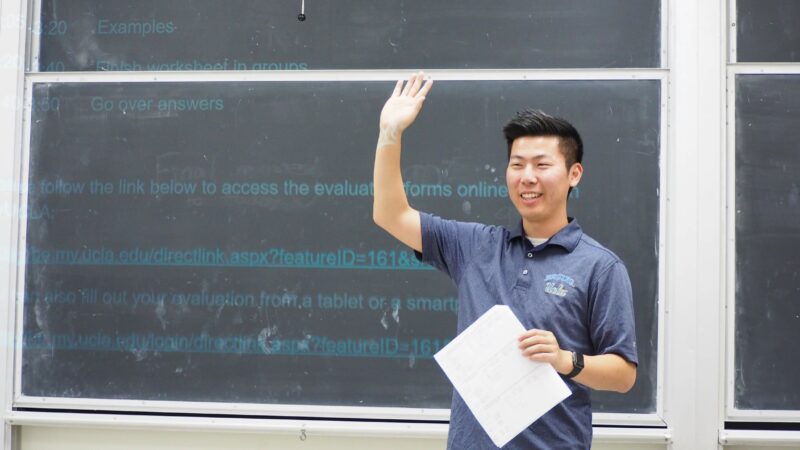
As mandated by the university, all members of faculty search committees must now receive training in search procedures, ensuring that all candidates are given full consideration. This includes training in the area of implicit bias. Search committees are expected to provide evidence that inclusivity has been taken into consideration in hiring decisions.
During faculty searches, the work of the search committee is scrutinized at several steps along the way, including at the search plan stage, the applicant pool stage, and the shortlist stage. Search committees must document their efforts to conduct a broad search and to minimize the impact of implicit bias.
The diversity of our recent faculty hires documented above shows that this training is having a positive effect, although more remains to be done.
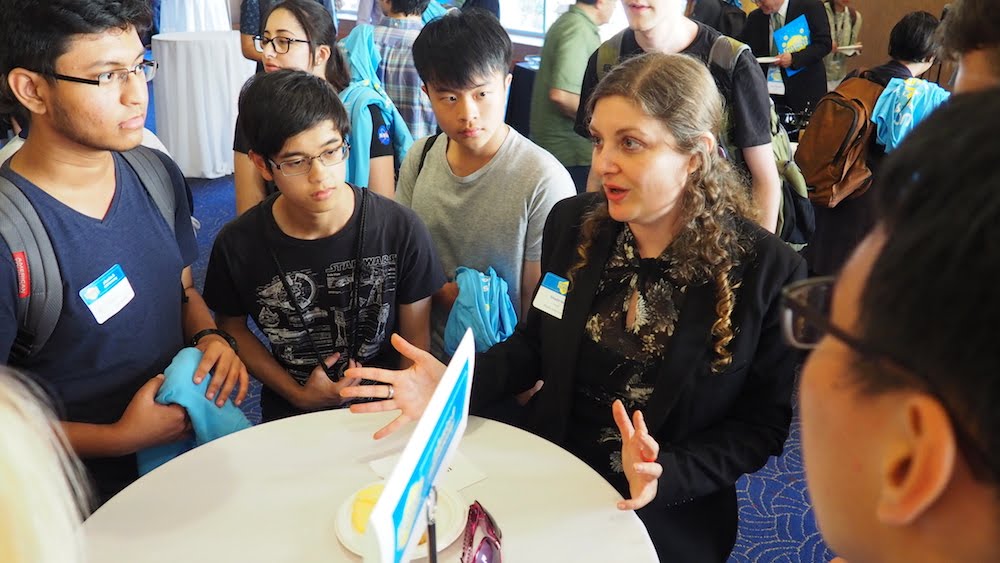
We will adopt and expand a model based on a successful collaboration between the Divisions of Life and Physical Sciences in which we invite about 40 faculty each year to an Inclusive Excellence Workshop. There, they explore the principles of inclusive pedagogy as a method of teaching in which instructors and classmates work together to create a supportive environment that gives each student equal access to learning.
Led by expert facilitators, the Inclusive Excellence Workshop experientially engages participating faculty in the exploration of key concepts including, but not limited to implicit bias, microaggressions, imposter syndrome, bystander interventions, and the difference between equity and equality.
We will organize workshops in this area specifically intended for Physical Science faculty. We will also look into the creation of a certificate program for our entire community, including faculty, students, postdocs, and staff.
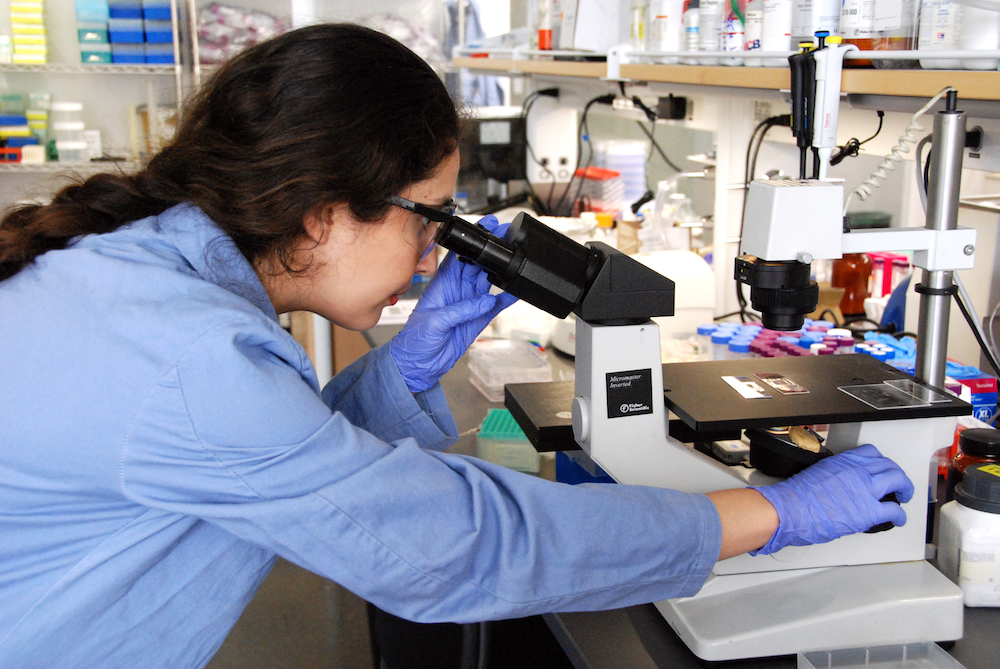
We will encourage faculty to develop Fiat Lux courses addressing all aspects of inclusivity in the sciences, and we will support graduate students interested in joining the Collegium of University Teaching Fellows (CUTF) where they can develop seminar courses addressing topics related to inclusivity and their scientific research. Competitive funds will be made available to covers the costs of demonstrations and pedagogical material.
We will also encourage graduate student and postdoctoral fellow participation in the UCLA Center for the Integration of Research, Teaching, and Learning (CIRTL) in which participants receive training in evidence-based teaching practices designed to serve all types of learners.
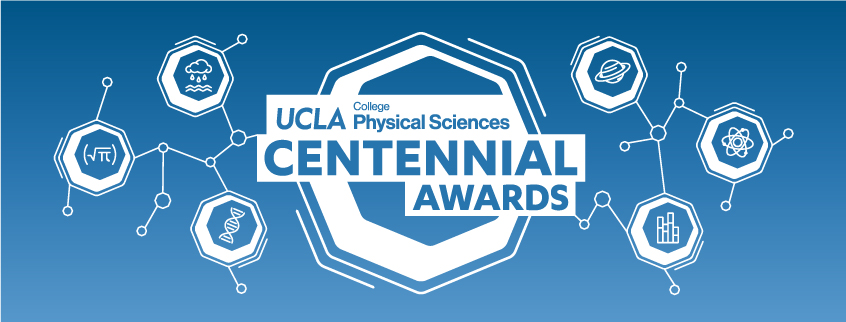
The Physical Sciences Centennial Awards honor contributions to inclusive teaching, mentoring, and leadership at the same level as world-class research. These awards were presented for the first time in Spring 2020.
The Centennial Mentorship Award recognizes a member of the Physical Sciences Division who has demonstrated a commitment to and success in mentoring research students from diverse backgrounds. Through their work with students at all levels (undergraduate, graduate, and postdoctoral), this faculty member establishes and nurtures inclusion, and inspires creativity, perseverance, and other positive qualities that have led students to leadership positions in industry, government, and academia.
Our students are the academic leaders of the future. The Excellence in Education Award recognizes both a senate and non-senate faculty member for making a broad impact on classroom inclusivity and demonstrated learning excellence. These educators have demonstrated an ability to create a learning environment in which all students can succeed and have had a transformative effect on the recruitment and retention of students in both the physical and life sciences. Through their instruction, these faculty members inspire their students to collaborate and contribute to an inclusive community.
The Centennial Leadership Award recognizes a member of the Physical Sciences Division who has made extraordinary contributions through their service to UCLA, and to academic communities at the national and international levels.
Physical Sciences faculty are leading their research fields with contributions from the most creative, productive, and talented students, postdoctoral fellows, and researchers who come to UCLA from all over the world. The Physical Science Outstanding Discovery Award recognizes the greatest research discovery made by a Physical Sciences faculty member and their team.
Research shows that communities with higher social diversity share more information, are more creative, and perform better than those with lower social diversity. Click here for resources on creating classrooms, research groups, and other interactions that foster inclusivity.
The Faculty Member’s Guide to Career Success Through Mentoring provides strategies for achieving success in academia by gaining adequate and appropriate mentoring. Expecting that you can get all the help you need from a single source is unrealistic. This resource offers guidance on how to deploy a networking model to find an array of mentors who can supply help and advice in the areas where you need it. This guide explores how to establish and refine your goals, find and choose appropriate mentors, and cultivate and evaluate your mentoring relationships.
The Academic Senate Task Force on a Fair and Open Academic Environment was established in 1991 following a call from the system-wide Academic Senate and the Office of the President to “establish programs designed to raise the awareness and sensitivity of faculty and staff to potentially prejudicial or discriminatory practices and behaviors.” One of the recommendations of the Task Force, approved at the May 23, 1995 Legislative Assembly, was that the Chancellor should establish a system of campus recognition and rewards for faculty, administrators, students, and staff who are especially successful in a fair and open environment.
Proposals are reviewed and winners determined by the Academic Senate Committee on Diversity, Equity and Inclusion. As many as four faculty recipients, two student recipients, and one staff recipient are named annually. Each recipient receives a $2,000.00 cash award. All recipients are honored at an awards dinner.
The UCLA Office of Inclusive Excellence offers videos, guides, tests, and scholarly reports to educate about implicit bias and ways to counter it. Click here for this suite of resources.
UCLA’s Staff and Faculty Counseling Center (SFCC) fosters a productive and supportive work environment for all employees. Services include confidential counseling for employees and their family members, management consultation, coaching, training, retreat facilitation, work-life programs, support groups, and community resource referrals. These services are free, voluntary, and confidential. During the pandemic, SFCC is scheduling telephonic sessions for UCLA employees and their immediate family members/significant others. Please call 310-794-0245 to arrange for a telephone call or click here for more information.
Former UCLA Chancellor Gene Block and Executive Vice Chancellor and Provost Emily Carter issued a statement, “Rising to the Challenge“, to the UCLA community, outlining upcoming actions and initiatives to ensure racial justice and lasting change on campus. Read the outline.
The UCLA office of Inclusive Excellence works in collaboration with campus partners from across UCLA offering additional services.
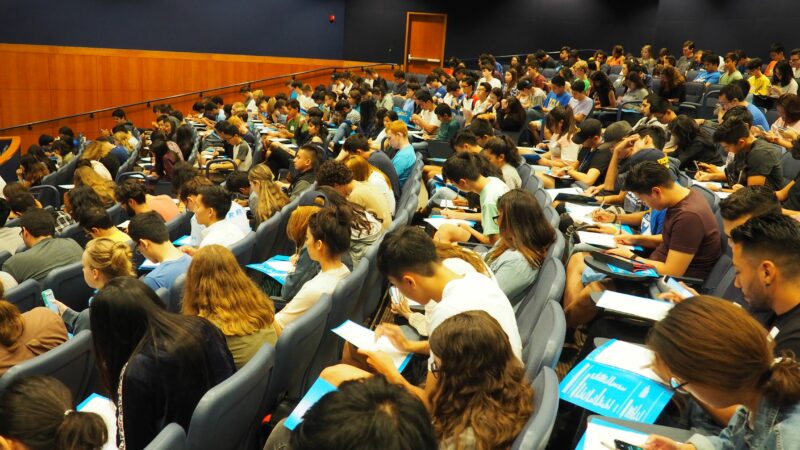
The Physical Sciences Inclusive Excellence Committee represents all departments in the Division of Physical Sciences and includes faculty, staff, graduate and undergraduate students. It is charged with overseeing efforts to increase faculty, staff, and student diversity, equity, and inclusion in the division, including the initiatives listed above.
Members
Albert Courey (Chair), Professor of Chemistry & Biochemistry & Associate Dean for Inclusive Excellence
Catherine Clarke, Associate Dean of Physical Sciences, Professor of Chemistry & Biochemistry
Rong Fu, Professor of Atmospheric & Oceanic Sciences
Miguel García-Garibay, Dean of Physical Sciences and Professor of Chemistry & Biochemistry
Andrea Ghez, Professor of Physics & Astronomy
David Gonzalez, Alumnus and Postdoc at the David Geffen School of Medicine
Tama Hasson, Assistant Vice Provost for Undergraduate Research
Michael Hill, Professor of Mathematics
Jingyi Jessica Li, Associate Professor of Statistics
Carolina Lithgow-Bertelloni, Professor of Earth, Planetary, and Space Sciences
Kathleen Micham, Assistant Dean of Physical Sciences
Jordyn Moscoso, Graduate Student Member
Smadar Naoz, Associate Professor of Physics & Astronomy
Ani Mustafa, Graduate Student Member
Britney Robinson, Special Advisor on Community and Belonging
Shanna Shaked, Senior Associate Director, Center for Education Innovation & Learning in the Sciences (CEILS)
Joseph Teran, Professor of Mathematics
Jorge Torres, Professor of Chemistry & Biochemistry
We welcome the opportunity to hear your views about how we can transform UCLA Physical Sciences into an inclusive enterprise in which everyone has the opportunity to contribute and succeed.
Virtual open forums will be regularly held for the exchange of ideas and concerns. Information about these events will be poste